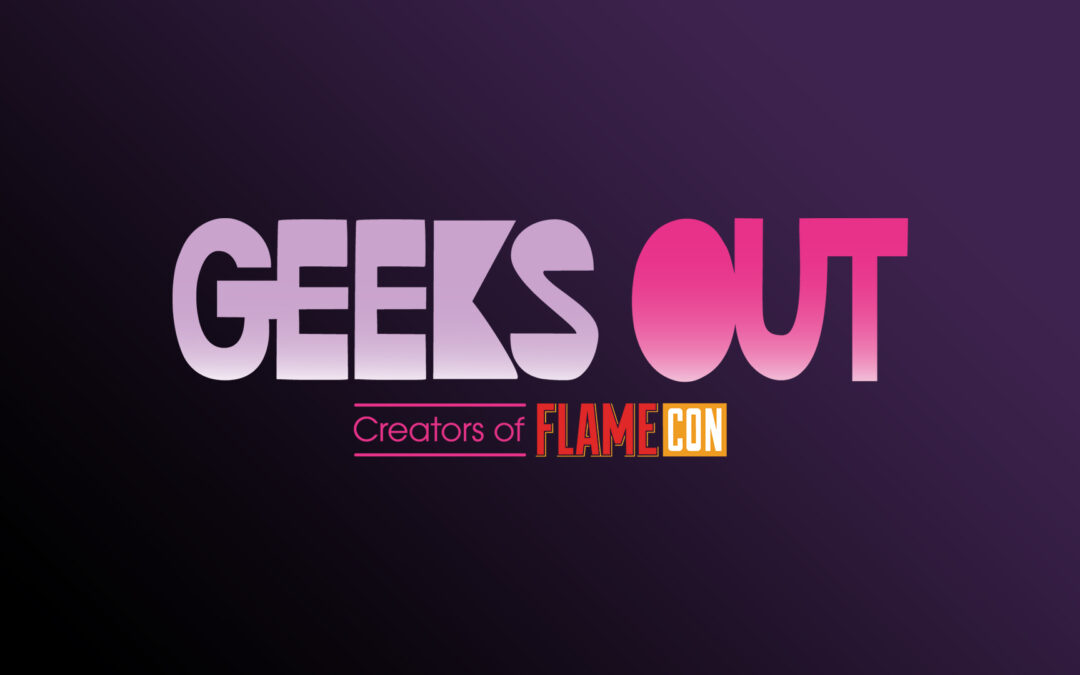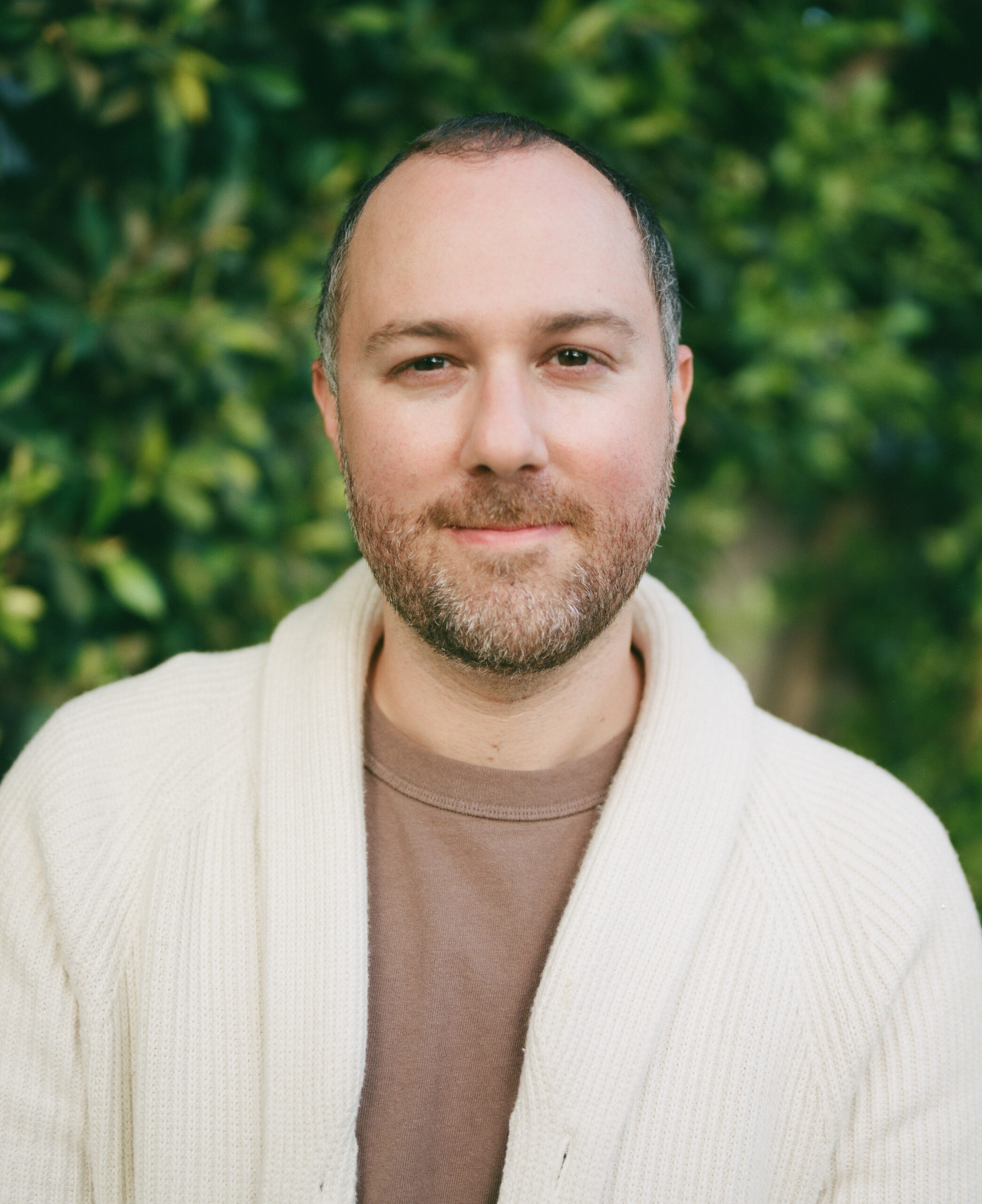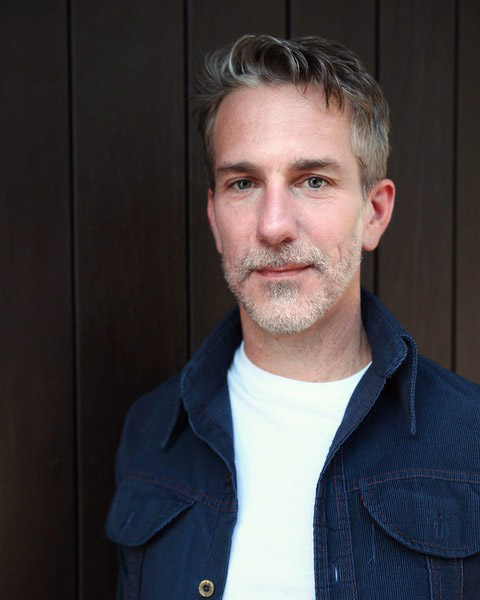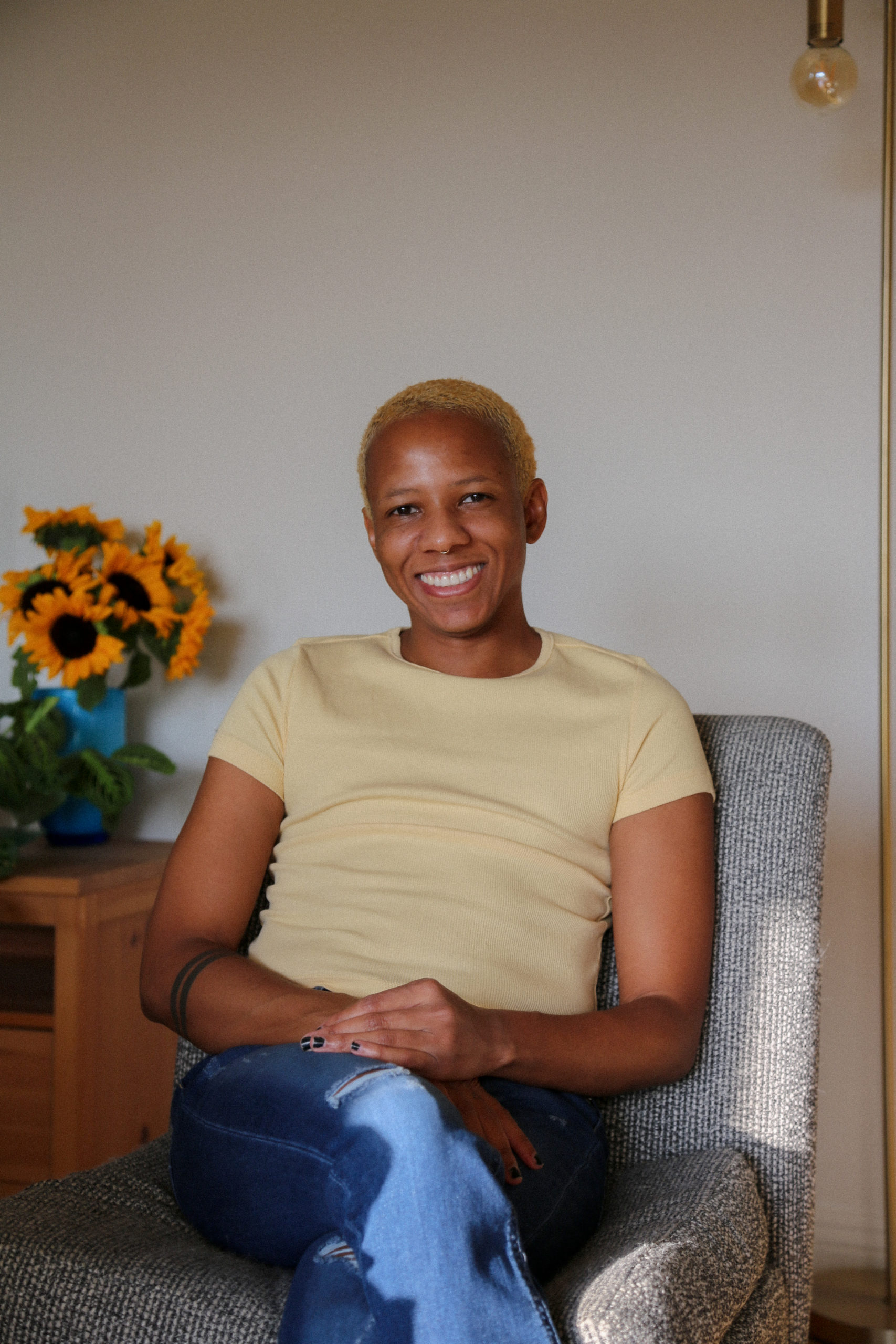
by Michele Kirichanskaya | May 2, 2025 | Blog
Rainie Oet is a trans woman who writes fiction and poetry for adults and young readers. She is the author of the picture books Robin’s Worlds and Monster Seek (Astra). She received her MFA at Syracuse University, where she was awarded the Shirley Jackson Prize in...

by Michele Kirichanskaya | Jun 2, 2023 | Blog
Zachary Sergi is a queer author of Interactive Fiction, including the print Choices novels, Major Detours and So You Wanna Be A Pop Star?, and the digital Heroes Rise, Versus, and Fortune The Fated series. Zachary was raised in Manhattan, studied Creative Writing at...

by Michele Kirichanskaya | Jan 6, 2023 | Blog
Mike Albo (he/him/his) is the author of the novels Hornito and The Underminer: The Best Friend Who Casually Destroys Your Life (co-written with Virginia Heffernan), as well as the novella, The Junket, and memoir, Spermhood: Diary of a Donor. His articles and essays...

by Michele Kirichanskaya | Oct 5, 2022 | Blog
Kacen Callender is the bestselling and award-winning author of multiple novels for children, teens, and adults, including the Stonewall Honor Book Felix Ever After and the National Book Award for Young People’s Literature King and the Dragonflies. Callender...





